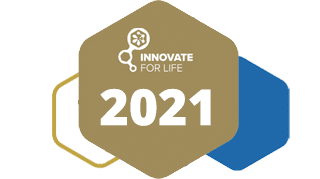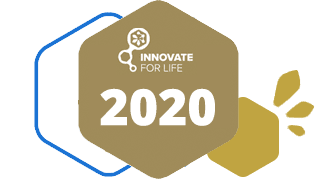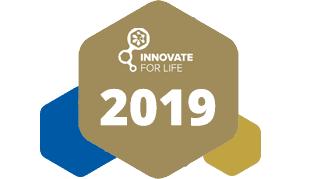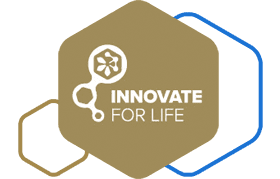How science is transforming the lives of HIV patients
HIV (human immunodeficiency virus) is a major public health threat. The virus can lead to AIDS (acquired immune deficiency syndrome). Some 38 million people are living with HIV/AIDS globally. About 680,000 people die from the disease every year. Africa is the most severely hit region, with almost one in every 25 adults living with the disease. Affected people there account for more than two-thirds of global HIV cases. The most recent figures for Ireland show 523 cases in one year. Since the early 1980s, there have been over 9,300 diagnoses in Ireland. Over the past 40 years, advances in medicines, especially in antiretroviral treatments, have allowed many people living with the disease to suppress it to undetectable levels and avoid transmission. While new and more effective treatments emerge, work is under way to find a cure for the disease. There is no vaccine for HIV. Since 1985, MSD has been engaged in research and development for the prevention and treatment of HIV. Over the years, breakthroughs by the company’s scientists have changed the way HIV is treated. Better HIV/AIDS treatments, and the evolution of social equality in Ireland, are combining to improve the health prospects and the experience of people living with the disease.
Who’s In Our Film?

Aisling

Anita

Shay

Stephen
Navigating precision oncology
Precision oncology is about bringing more accurate diagnoses and treatments to cancer patients. Roche is a pioneer in personalised medicine. It wants to change the way cancer patients are treated in Ireland. By creating an ecosystem of partners in the Molecular Tumour Board (MTB), Roche is advancing personalised healthcare and the development of breakthrough oncology medicines. Although genomic biomarkers help to personalise oncology treatments, precision oncology is largely unused by doctors. The healthcare system should be moved closer to personalised healthcare. In December 2021, Roche and Cancer Trials Ireland, an independent cancer research organisation, signed a collaboration that will evolve the MTB by collecting data based on the patients discussed during the MTB sessions. That is helping to build a cancer database. Internationally, evidence suggests that more patients who take part in MTBs are assigned to clinical trials. MTB-directed therapies clinically benefit patients in many cases. Our film explores the science behind new precision oncology treatments and brings to life the human impact of medicines innovation.
Who’s In Our Film?

Deirdre

Larry

Pat

Verena

Tanya

Sandra

Elizabeth
Innovation in the battle against CLL
Leukaemia is the general name given to a group of cancers that develop in the bone marrow. Chronic lymphocytic leukaemia (CLL) is the most common form of leukaemia diagnosed in adults. In Ireland and in the EU, it accounts for one-third of all cases or new leukaemia diagnoses. In Ireland, some 300 people are diagnosed with CLL annually. The global burden of CLL is expected to increase over the coming decades as the population ages. Treatments for CLL have evolved significantly in recent years. Initially, patients would have received a single type of chemotherapy. Then researchers discovered that different combinations of chemotherapy medicines led to better outcomes for patients. But these treatments can be tough on patients. A new class of treatments has become available which tackles CLL in new ways. These treatments can be taken orally, often in the patient’s home. They can lead to disease remission. That means patients can come off treatment for periods of time.
Who’s In Our Film?

Geoffrey

Ruth

Fidelma

Ailín

Tomáš

Sara
Sizing the therapeutic potential of mRNA
mRNA vaccine technology has been in development for over two decades. Scientists’ ability to synthetically produce genetic material with instructions for making a protein and generating an immune response has exciting implications for the development of new vaccines and treatments. The ‘platform technology’ could hold the key to fixing some of the world’s health problems. The technology is safe, and it can be developed and scaled rapidly, with potentially transformative implications for human health. The technology could be used in immunotherapy to treat cancers and chronic infectious diseases – like HIV, hepatitis B and herpes – as well as autoimmune disorders and even for gene therapy. Its success in tackling a viral infection like Covid-19 means future pandemics could be prevented or managed faster by an mRNA response.
Who’s In Our Film?

Leanne

Deirdre

Orlaith

Sheila





